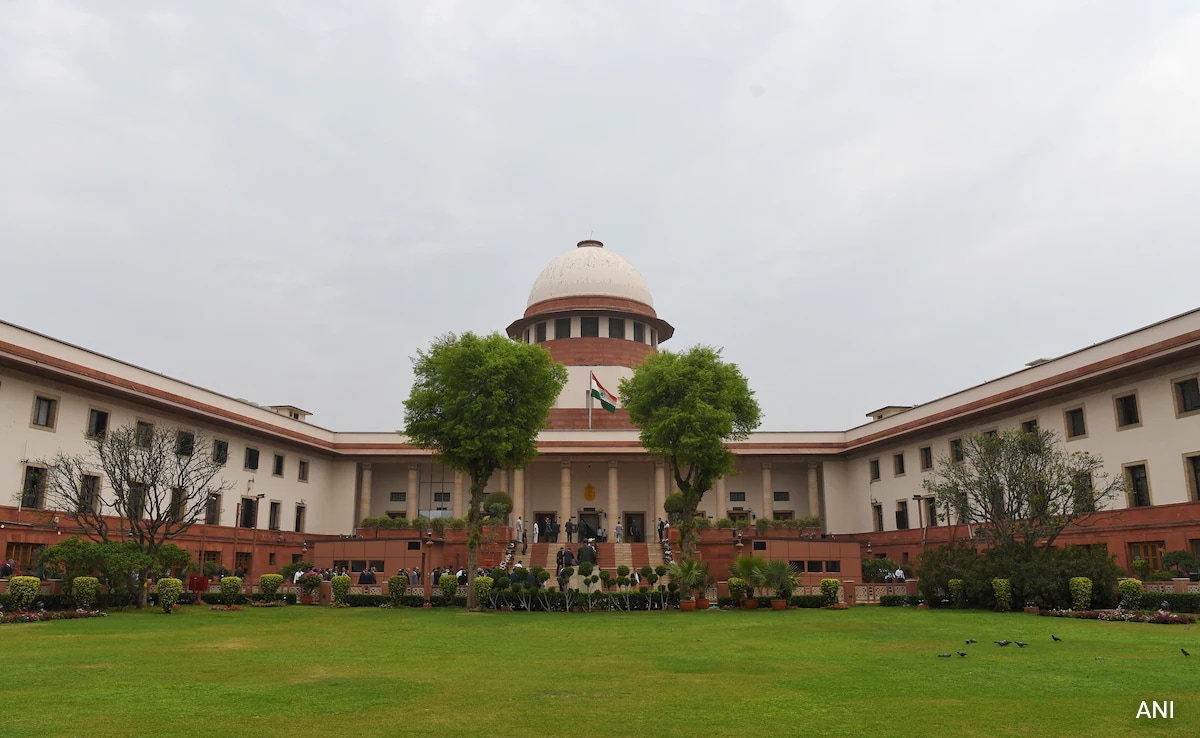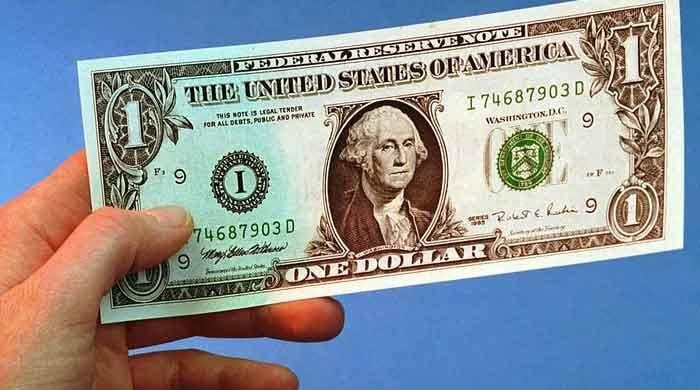The U.S. Justice Department sued Apple on Thursday, the Biden administration’s first major antitrust lawsuit against the iPhone maker, accusing it of monopolizing the smartphone market.
Apple joins a list of major tech companies sued by U.S. regulators, including Alphabet’s Google, Meta Platforms and Amazon under the administrations of former President Donald Trump and President Joe Biden.
“Consumers should not have to pay higher prices because companies violate antitrust laws,” Attorney General Merrick Garland said in a statement. “If unchallenged, Apple will only continue to strengthen its smartphone monopoly.”
The Justice Department accuses Apple of using its market power to extract more money from consumers, developers, content creators, artists, publishers, small businesses and merchants.
The civil lawsuit accuses Apple of maintaining an illegal monopoly on smartphones by imposing contractual restrictions on developers and blocking critical access.
Apple has been subject to antitrust investigations and orders in Europe, Japan and South Korea, as well as lawsuits from corporate rivals such as Epic Games.
One of Apple’s most profitable businesses – its App Store, which charges developers commissions of up to 30% – has withstood a long-running legal challenge from Epic under U.S. law. While the lawsuit found that Apple did not violate antitrust laws, a federal judge ordered Apple to allow links and buttons to pay for apps without using Apple’s in-app payment commissions.
In Europe, Apple’s App Store business model has been disrupted by a new law called the Digital Markets Act that came into effect earlier this month. Apple plans to let developers offer their own app stores and, importantly, pay no commissions, but rivals such as Spotify and Epic believe it will still be difficult for Apple to offer an alternative app store.
The ruling against Apple’s App Store forces the Justice Department to look at other Apple practices as the basis for complaints, such as how it allows outside companies to access chips and sensors in iPhones.
Consumer hardware companies such as smart tracker maker Tile Inc have long complained that Apple limits how they can use iPhone sensors while developing competing products with greater access.
Apple began selling AirTags – which can be attached to items such as car keys to help users find them if lost – a few years after Tile sold similar products.
Likewise, Apple has restricted the use of chips in iPhones that enable contactless payments. Credit cards can only be added to iPhones through Apple’s own Apple Pay service.
Apple has also faced criticism for its iMessage service, which is only available on Apple devices.
Apple has long argued that it limits third-party developers’ access to certain user data and certain iPhone hardware for privacy and security reasons.
Follow us on Google news ,Twitter , and Join Whatsapp Group of thelocalreport.in

















